Is this spicy Japanese condiment the secret to making desserts more delicious?【Taste test】

We heard yuzu kosho can spice up our desserts, so we put it to the test.
At first glance, you might mistake yuzu kosho for wasabi, seeing as how it’s a spicy green paste that usually comes out of a tube. But while wasabi is a grated root, yuzu kosho is a mixture made with zests of yuzu, a sharp citrus fruit, and green chili peppers.
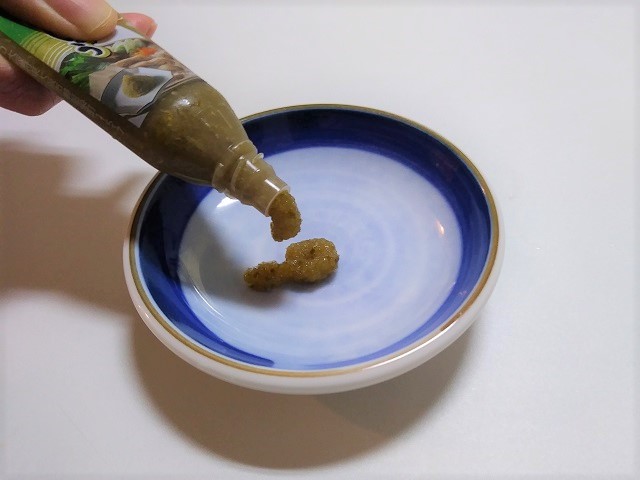
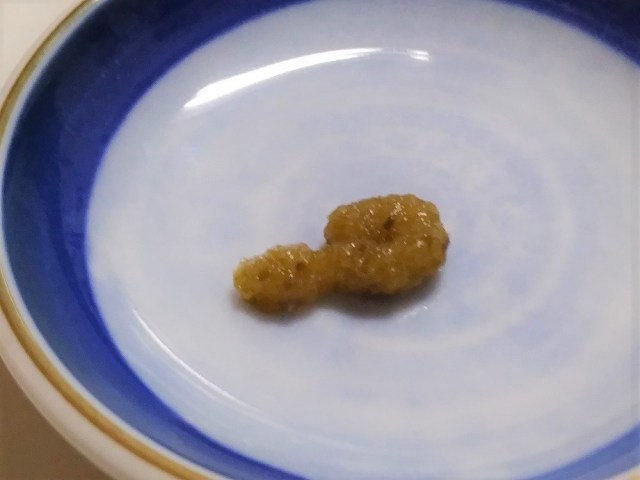
Yuzu kosho can be a wasabi substitute when eating sashimi, and it’s especially popular as a seasoning for nabe, Japanese-style hot pot. The latter is how our Japanese-language reporter Yuko Sawano primarily uses it, but with nabe being a dish that’s most delicious in cold weather, come the later half of spring Yuko’s yuzu kosho tube tends to sit idle in her refrigerator…until now.
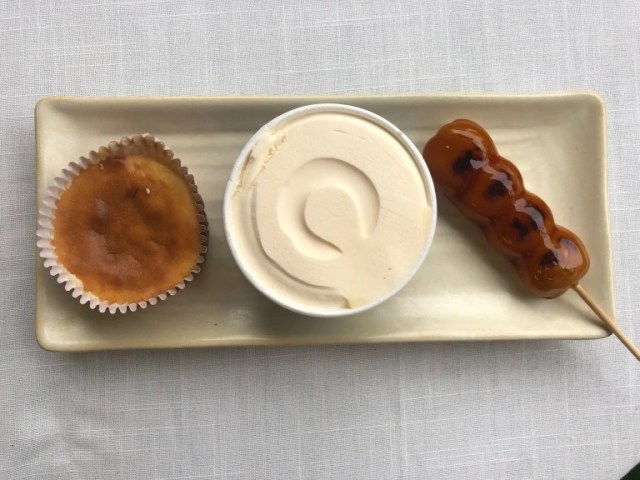
Recently there’s been talk from Japanese foodie personality Ao that yuzu kosho is secretly a great thing to add a dollop of to your desserts. Sensing an opportunity to broaden her knowledge and an excuse to eat a triple portion of desserts, Yuko dashed to the store to pick up a trio of treats tempting enough on their own, then grabbed her yuzu kosho tube and got to experimenting.
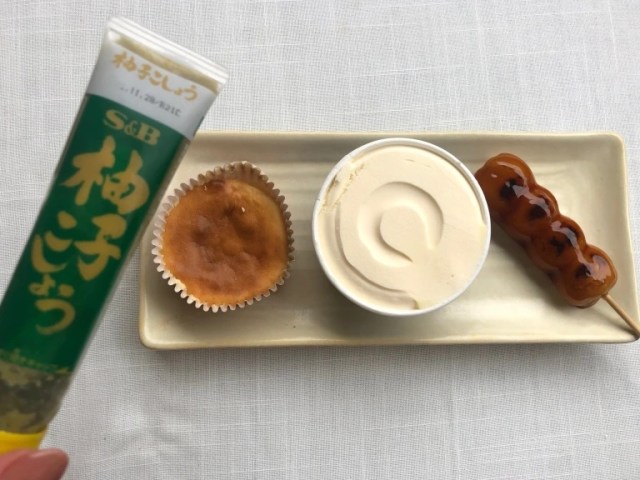
First up: vanilla ice cream. Since the flavor has proven itself as the perfect ice cream canvas to enhance with toppings and mix-ins, Yuko was cautiously optimistic (it worked out OK enough for soy sauce, after all).
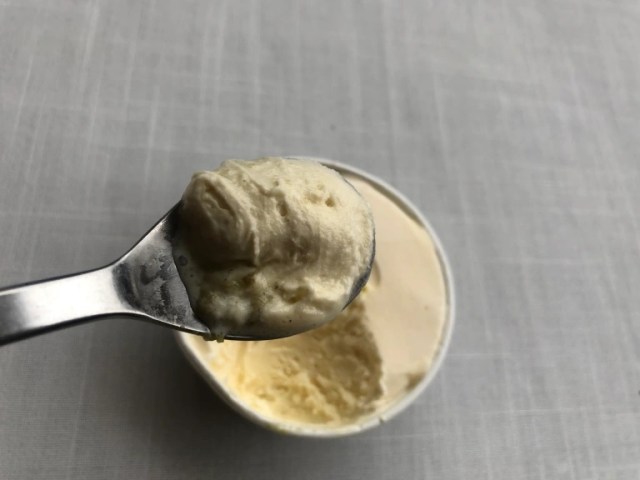
That optimism was quickly rewarded. Yuzu kosho itself is a mix of tart, spicy, and salty notes, and together they gave the vanilla ice cream a refreshingly crisp finish to its flavor profile, with just a hint of spice lingering on the tip of her tongue. Just make sure to stir the yuzu kosho into the cream instead of leaving it in a clump on top, so that its influence is evenly distributed throughout and not concentrated in an overly intense moment.
Next on the list: cheesecake.
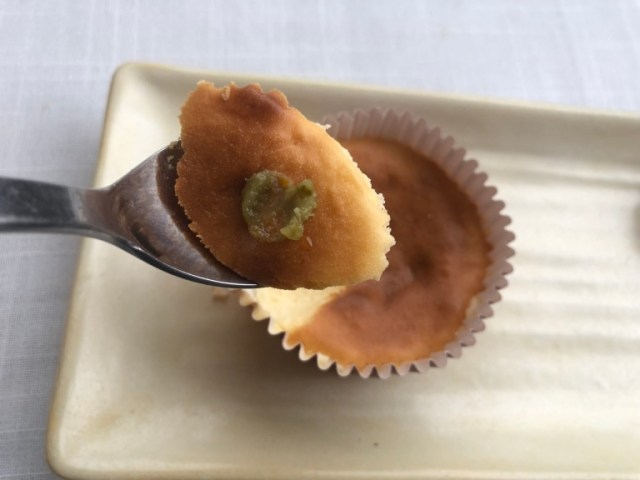
Since cheesecake alone already has tart taste elements, Yuko was a little worried that adding yuzo kosho’s citrus aspect would turn it into a harshly sour mess. Thankfully, that didn’t happen, and the rich creaminess of the cheesecake keeps the spiciness of the yuzu kosho from running wild in your mouth, creating a surprisingly harmonious and refreshing sensation.
And last, mitarashi dango.
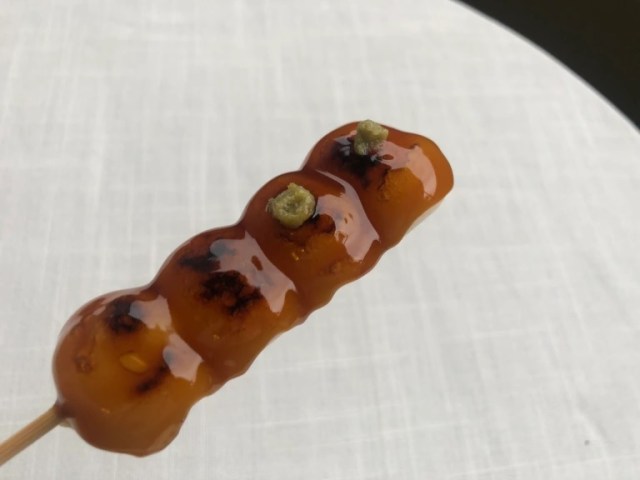
This is the one we had the highest hopes for. It’s pairing a Japanese dessert with a Japanese condiment, and while mitarashi dango are sweet, their soy sauce glaze isn’t as saccharine as what you’ll usually find in Western-style desserts, and the mochi dumplings being lightly charred gives them a bit of a savory feeling too.
And sure enough, Yuko didn’t feel even a hint of discordancy here. They were delicious, with the resulting sweet-and-spicy flavor making them feel a bit closer to an all-purpose snack as opposed to strictly a sweet-tooth appeasing dessert. As an added bonus, since mitarashi dango are sold with multiple dumplings to a stick, you can choose to put the yuzu kosho on some dumplings and leave it completely off others, so that you can vary the flavors mid-way through your snack session.
As weird as the idea had initially sounded, adding spicy citrus to her desserts turned out to be a sweet idea in Yuko’s opinion, and she judges these enhanced indulgences three for three in the deliciousness department. So rather than her yuzu kosho stock sitting unused for the summer, now it looks like she’s going to have to go out and buy another tube ASAP.
Reference: Yuzu Kosho Researcher Ao
Photos © SoraNews24
● Want to hear about SoraNews24’s latest articles as soon as they’re published? Follow us on Facebook and Twitter!
Credit:

0 comments: